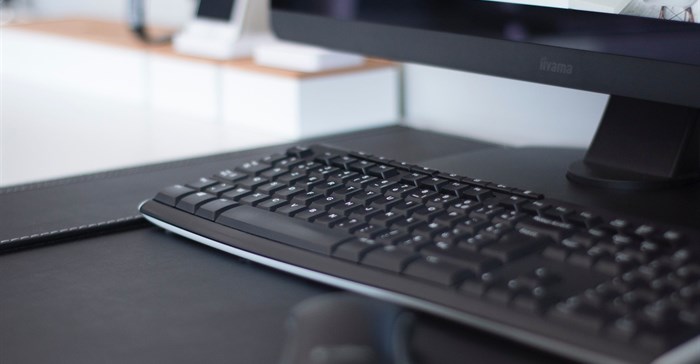Your municipality is responsible for providing you with the services you need to satisfy your basic needs, according to the South African Constitution.
Our most basic needs are for a safe, healthy environment, and community development. This makes the fairly obvious services, like water supply, sewage collection and disposal, refuse removal, health services, and roads and street lighting the most acute ones.

Photo by Peignault Laurent on Unsplash
These services have a direct and immediate effect on the quality of lives of the people of the community and explicitly appear in the Bill of Rights. When they are in place it means that the national government, through the municipality, has provided everyone with the opportunity to benefit from them at their full capacity and quality.
Equally, Section 16 of the Bill of Rights stipulates that everyone has the right to freedom of expression which includes:
- Freedom of the press and other media.
- Freedom to receive or impart information or ideas.
- Freedom of artistic creativity.
- Academic freedom and freedom of scientific research.
So, just as the Constitution requires municipalities to ensure a safe, healthy environment, the Bill of Rights gives freedoms to each person – yet how can these freedoms and rights be accessed if unaffordable data and smartphone prices lock the door to the internet?
Internet access is clearly a basic service and tool that will lead to the realisation of Section 16 as a basic human right. This is not about altering the Bill of Rights or the Constitution to accommodate internet access. The Bill already speaks to the Right to receive and impart information or ideas. However, those at the margins of society fail to access the internet. In South Africa today, one in two households do not access the internet and find themselves on the wrong side of the digital divide.
Right to communicate, and be informed
This divide is often defined as a social issue referring to the differing amount of information between those who have access to the internet and those who do not have access. The difference is not necessarily determined by the access to the internet; however, by access to information and communication technologies, and to media that society can use. Access is only one aspect, other elements such as the quality of the connection and related services ought to be considered.
Right now, the most intense debate revolves around the availability of access, as well as the quality and affordability costs to this information, that is inherently our right.
The return of investment in the rollout of internet access is endless.
For a start, internet access allows for increased public participation, active and innovative forms of governance, and a network effect of individuals contributing to the economic growth of families, communities, cities and nations. Reports show that web-savvy small and medium-sized businesses can grow at double the rate of those that use the internet sparingly, we know of businesses in our free zones that have increased their turnover by more than 80%. Fast internet access and use by SMEs is especially important in SA as they provide 60% of jobs and contribute about 34% of total GDP. It is clear that a safe, healthy environment where our freedoms are respected is part of municipalities’ role in nation-building – and these are enabled through ensuring convenient internet access and use.































